
Depression Rates are Rising. Effective Treatment is Possible.
By: Dr. W. Scott West, Chief Medical Officer, Nashville Neurocare Therapy In recent years, there has been a concerning surge in the number of people
Regain a Healthier Brain and
Better Quality of Life
Nashville Neurocare Therapy is here to help you thrive.
We understand your feelings of helplessness and frustrations are overwhelming. We are committed to providing you personalized care and treatment options to get you back to your best self.

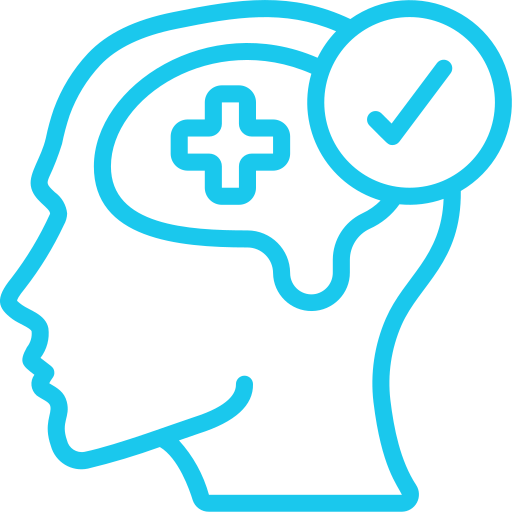
Depression is a common but serious illness. Transcranial Magnetic Stimulation (TMS) Therapy is a proven and safe, drug-free treatment for individuals suffering from depression.

Are you struggling with a mood disorder? We encourage our patients to pursue the treatment that they choose. If medication is preferred, we will help optimize your treatment experience.

Talk to a Nashville Neurocare provider regarding your mood disorder from the comfort of your home by scheduling a HIPAA-compliant telehealth appointment today.
Nationally recognized, board-certified psychiatrist, Dr. W. Scott West brings 30+ years of experience in clinical depression and leads the Nashville NeuroCare Therapy team.
We are Tennessee’s premier psychiatric services group to provide 100% medication-free treatment options using innovative technologies that are proven safe, highly effective and non-invasive.
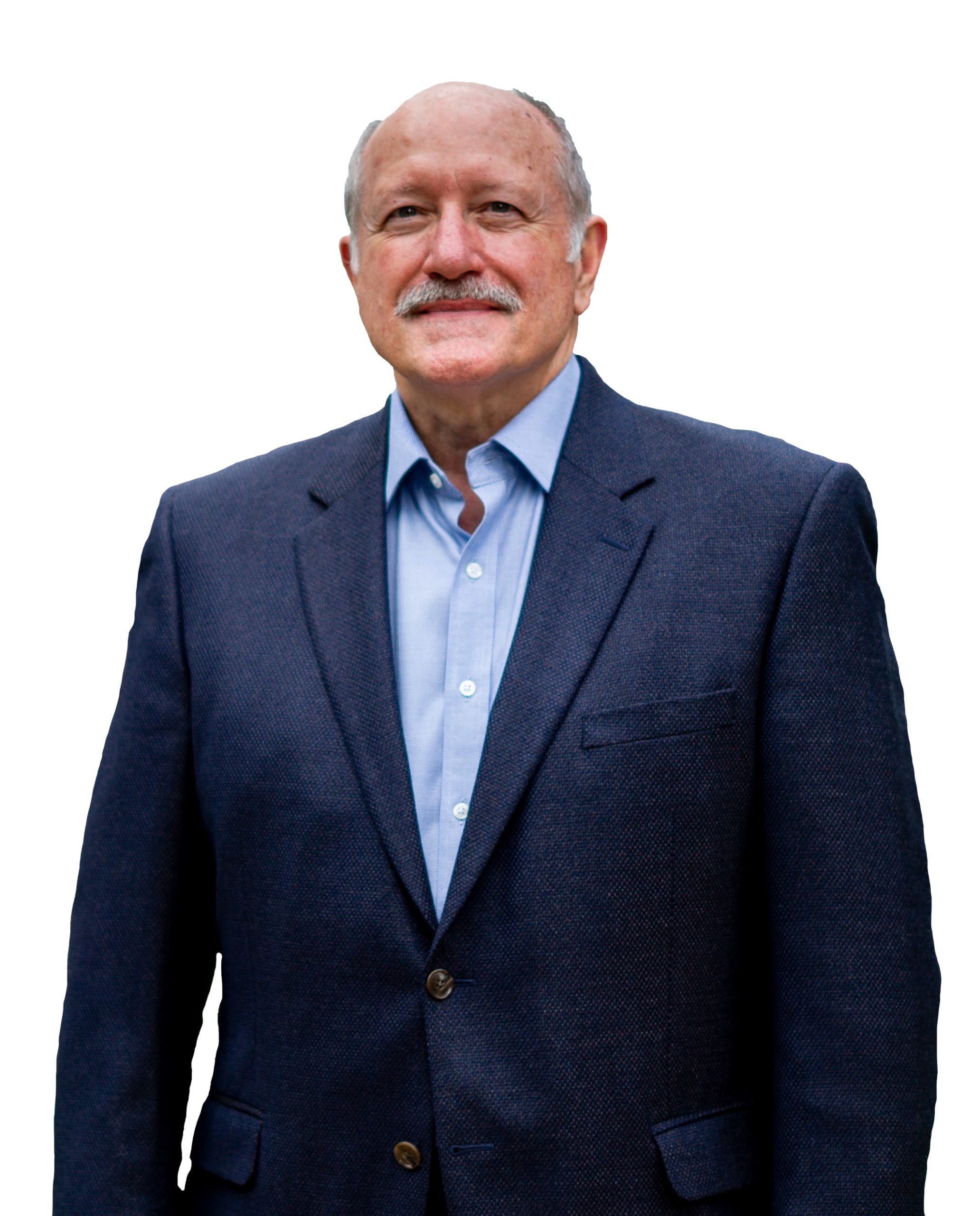
W. Scott West, MD
Chief Medical Officer

Our proven and clinically-sound technologies provide drug-free treatment paths that are non-invasive and have no side effects of drugs or impacts on alertness or cognition.

Due to the innovative treatment and proven efficacy, our therapies are widely covered by insurance companies. We accept Medicare, major insurance carriers, and offer flexible options for patients regarding care and coverage.

Our therapies are convenient, in-clinic treatments, where the patient is awake and alert during the session—no medications or sedation are used, allowing the patient to immediately resume normal activities.

Understanding that every situation is unique, Our TMS Therapy treatment plans are individually tailored to the patients’ needs.





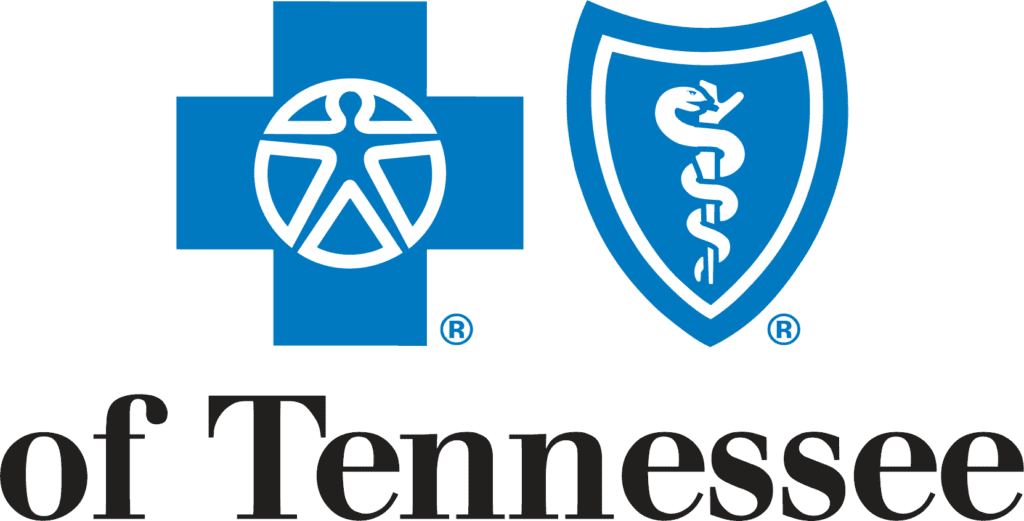





Affordable Care Act (ACA) Products Only

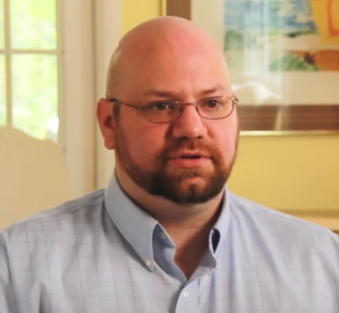
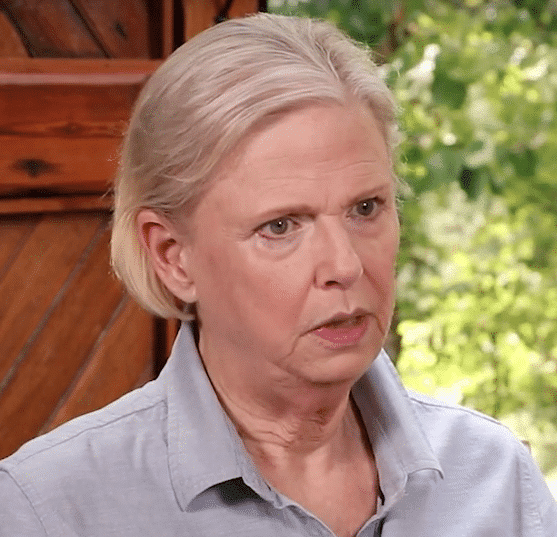
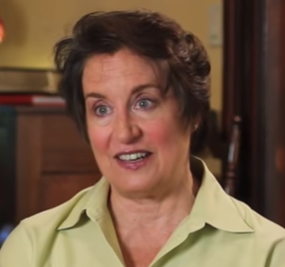

By: Dr. W. Scott West, Chief Medical Officer, Nashville Neurocare Therapy In recent years, there has been a concerning surge in the number of people
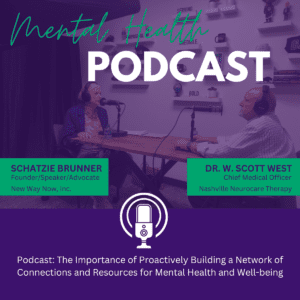

Host: Schatzie Brunner, Founder, New Way Now Guest: W. Scott West, MD, Chief Medical Officer, Nashville Neurocare Therapy The podcast explores the significance of proactively


By: Dr. W. Scott West, Chief Medical Officer, Nashville Neurocare Therapy Mental health is a critical aspect of overall well-being, impacting individuals from all walks
Cool Springs 2001 Mallory Lane, Suite 304
Franklin, TN 37067
Green Hills 30 Burton Hills Blvd., Suite 360
Nashville, TN 37215
Murfreesboro 1725 Medical Center Pkwy, Suite 215
Murfreesboro, TN 37129
All clinic locations: Phone: (615) 465-4875
If you are a mental healthcare or other professional healthcare provider and would like to learn more about Nashville Neurocare Therapy and the innovative services we provide, please contact Stanford Miller.
"*" indicates required fields
© 2023 All rights reserved